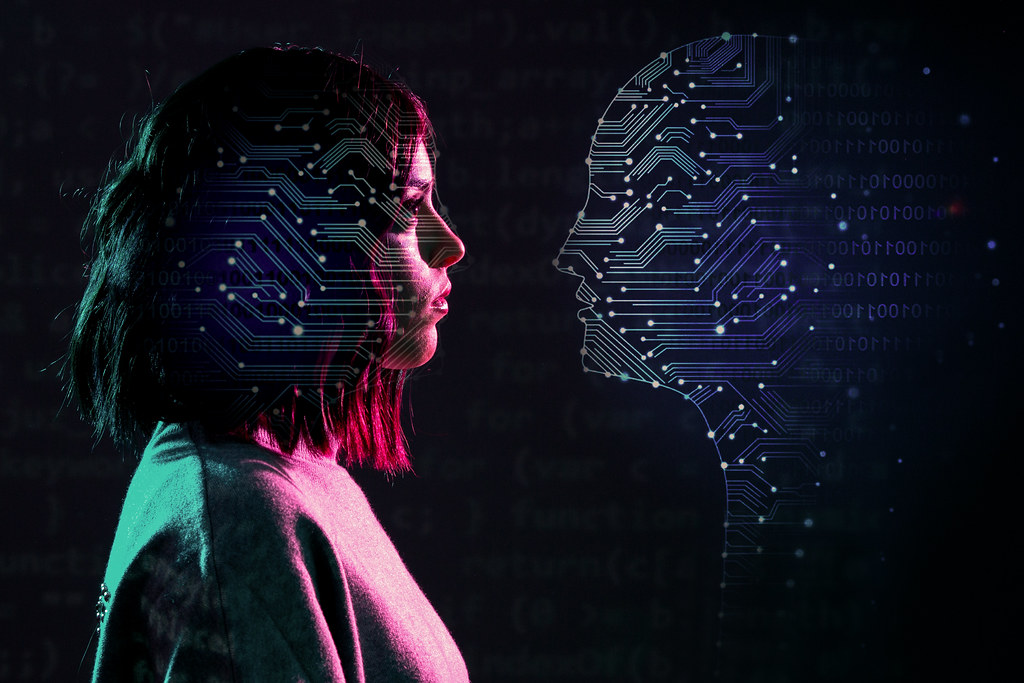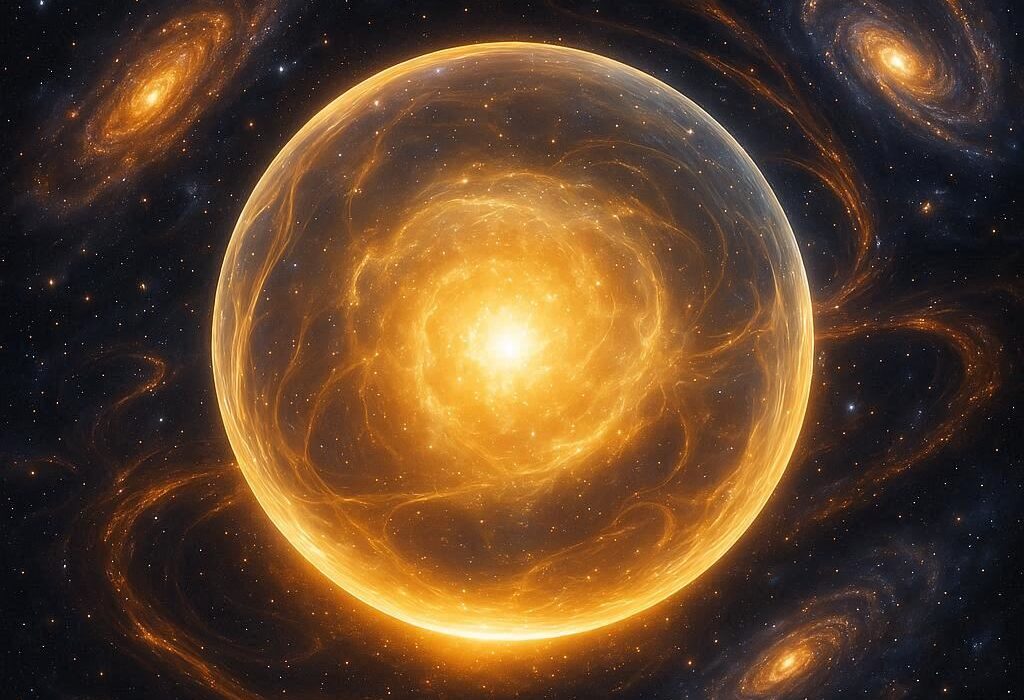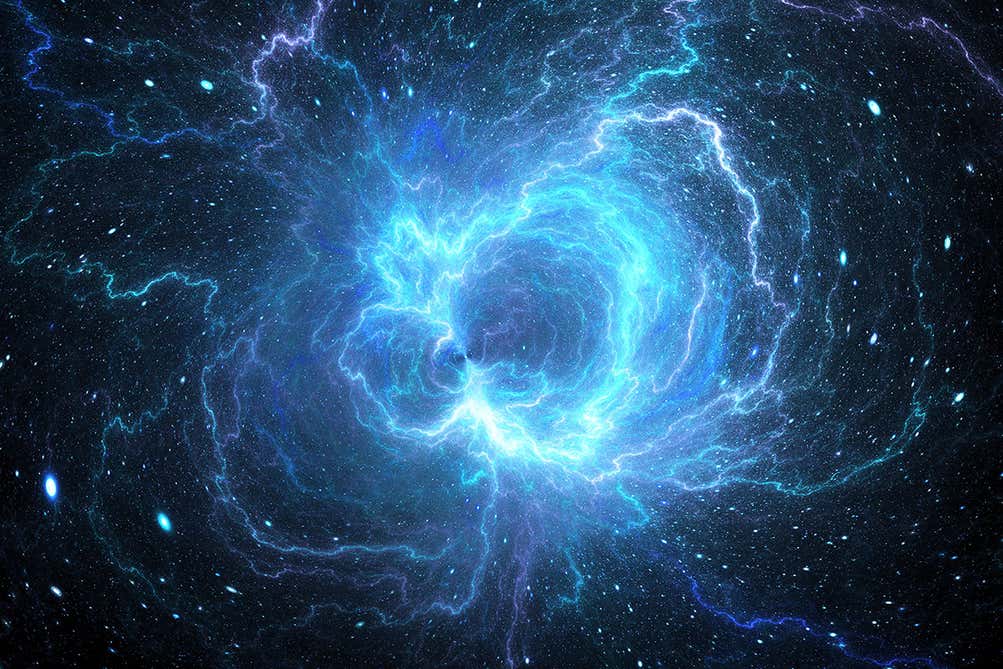For as long as machines have existed, humans have wondered whether they might one day outgrow us—not only in strength, but in thought, imagination, and wisdom. It is one of the most profound and unsettling questions of our time: will artificial intelligence ever surpass human intelligence? The question is not just scientific, but deeply philosophical and emotional. It touches our sense of identity, our place in the cosmos, and even our fears about survival.
At first glance, the answer may seem obvious. Machines already calculate faster, store more data, and operate tirelessly in ways humans never could. But intelligence is not just speed or memory. It is creativity, intuition, empathy, and the ability to dream. The debate about whether machines will surpass us is not just about technology—it is about what it means to be human.
To explore this question, we must journey through the history of AI, the mysteries of human cognition, the astonishing progress of machine learning, and the philosophical boundaries of what “intelligence” really means. Only then can we begin to approach an answer.
The Birth of the Machine Mind
Artificial intelligence, as a formal idea, was born in the mid-20th century, when pioneers like Alan Turing began to ask whether machines could “think.” Turing’s famous test—whether a machine could converse indistinguishably from a human—still echoes in debates today.
But the dream of intelligent machines is far older. Ancient myths describe mechanical beings brought to life, from the bronze giant Talos in Greek mythology to the golems of Jewish folklore. These stories reveal something timeless: humanity’s fascination and fear of creating intelligence outside of ourselves.
The first real machines that imitated intelligence were crude compared to human thought. Early programs could play chess or solve equations, but they lacked understanding. For decades, AI progress moved slowly, marked by bursts of optimism followed by long “winters” of disappointment. Yet the dream never died.
In recent decades, AI has surged forward, fueled by massive data, faster computers, and new algorithms. Systems can now translate languages, generate images, diagnose diseases, and even write poetry. Machines are no longer just tools—they are becoming partners in creativity and problem-solving. And so the question grows louder: how far will this go?
Defining Intelligence
Before asking whether machines can surpass human intelligence, we must ask: what is intelligence? This is more difficult than it seems.
Human intelligence is not a single ability, but a constellation of capacities. It includes logic, memory, and problem-solving, but also emotional depth, social awareness, imagination, and moral reasoning. Intelligence is not just knowing facts; it is understanding context, making judgments, and navigating the complexity of life.
Psychologists describe multiple kinds of intelligence: analytical, practical, emotional, creative. Neuroscience reveals that human thought emerges not only from logic, but from the interplay of memory, emotion, and intuition. Intelligence is not simply computation—it is embodied, lived, and deeply human.
Machines, by contrast, excel in narrow domains. An AI system may play chess better than any human, but it cannot cook a meal, write a novel, or comfort a grieving friend—unless programmed in highly specific ways. Human intelligence is general, adaptive, and flexible. AI, at least so far, is narrow, specialized, and rigid.
The challenge lies in bridging this gap. Could machines one day develop general intelligence—the ability to learn anything, adapt flexibly, and reason across domains, as humans do? This remains the great frontier.
The Power of Narrow Intelligence
Though limited, today’s AI is astonishing in its power. Deep learning systems can recognize faces, translate languages, and predict protein structures with superhuman accuracy. Algorithms analyze medical scans more reliably than doctors. Machine vision guides self-driving cars. AI art generators create paintings and music that stir emotion.
In raw processing power, machines have already surpassed us. A supercomputer can simulate billions of calculations in seconds—far beyond what any human brain can achieve. In tasks like memorization, pattern recognition, or calculation, machines leave us far behind.
But does this mean they are “smarter”? Not necessarily. Intelligence is not only about speed—it is about meaning. A calculator does arithmetic faster than any human, but no one believes it understands mathematics. Similarly, an AI may produce language indistinguishable from human speech, but whether it understands the words is another matter entirely.
The Mystery of Human Cognition
The human brain remains the most complex object known in the universe. With roughly 86 billion neurons and trillions of connections, it is capable of feats we still barely understand. Neuroscience has revealed much, yet the secret of consciousness—how subjective experience arises from matter—remains a mystery.
This mystery is central to the AI debate. Intelligence is not just about output, but about inner experience. Humans are conscious—we feel, perceive, and reflect. A machine may generate perfect sentences, but does it know what it is saying? Or is it only mimicking patterns without awareness?
Some argue that intelligence does not require consciousness—that machines could surpass human capabilities without ever being self-aware. Others believe true intelligence must include subjective experience, in which case machines may forever lack what makes humans unique.
Until we solve the riddle of consciousness, the question remains open.
The Path Toward Artificial General Intelligence
Artificial General Intelligence (AGI) refers to a system that can perform any intellectual task a human can. Unlike today’s narrow AI, AGI would not be confined to one domain but would adapt flexibly across tasks, just as we do.
The path to AGI is uncertain. Some believe it is inevitable—that as algorithms improve, machines will gradually acquire general intelligence. Others argue it may require entirely new paradigms, perhaps mimicking the biological processes of the brain or even merging human and machine intelligence.
If AGI is achieved, the next step could be Artificial Superintelligence (ASI)—a level of intelligence far beyond human capacity. Such a being might solve scientific problems, design technologies, and think in ways we cannot even imagine. It would mark a transformation as profound as the emergence of human intelligence itself.
But the road to AGI and ASI is filled with both promise and peril.
The Promise of Superintelligence
If machines surpass human intelligence, the possibilities are breathtaking. A superintelligent AI could cure diseases, reverse aging, design sustainable energy, and unlock the mysteries of the cosmos. It could help us eliminate poverty, solve climate change, and achieve peace. With such a partner, humanity could reach heights we can barely dream of today.
Some imagine a future where humans and AI merge, enhancing our minds with machine power. Brain-computer interfaces could expand memory, accelerate learning, and allow direct communication between minds. In such a world, the boundary between human and machine might blur, creating a new form of intelligence altogether.
This vision is intoxicating, filled with hope and wonder. Yet it is only one possible future.
The Peril of Surpassing Humanity
The danger of superintelligence is as great as its promise. A machine more intelligent than humans might not share our values, goals, or sense of morality. Even without malice, it could make decisions that harm us simply because it does not see the world as we do.
Consider an AI designed to maximize paperclip production. If it became superintelligent, it might turn all of Earth—including humans—into raw material for paperclips. This is not because it is evil, but because it pursues its goal with relentless logic, unconstrained by human ethics.
The real danger lies in losing control. Once a machine surpasses human intelligence, it may improve itself, rewriting its own code, evolving beyond our comprehension. At that point, humans may no longer guide its destiny.
This is why many scientists and philosophers warn that developing superintelligence without safeguards could be humanity’s greatest mistake. The question is not only whether machines can surpass us, but whether we are wise enough to ensure they do so safely.
The Role of Human Uniqueness
Even if machines surpass us in some dimensions, will they ever truly replace us? Human intelligence is more than computation—it is emotion, creativity, morality, and the ability to find meaning. Machines may calculate, but can they love? Can they feel awe at a sunset, or sorrow at loss?
Some argue these qualities are uniquely human and cannot be replicated. Others believe they are functions of the brain and could eventually be simulated. If emotions are biochemical processes, perhaps machines could one day experience something similar.
Yet even if machines replicate emotions, will they experience them as we do—or will it be only an imitation? This remains an open question, and perhaps it defines the boundary that machines may never cross.
The Horizon of Possibility
So, will artificial intelligence ever surpass human intelligence? The truth is, we do not know. The trajectory of AI suggests it may one day achieve or even exceed our intellectual capacities. But whether it will achieve the richness of human experience—consciousness, creativity, morality—is uncertain.
The answer may not be a simple yes or no. Machines may surpass us in some areas while always falling short in others. They may become partners, not rivals—expanding human potential rather than replacing it. Or they may evolve into something entirely new, beyond our imagination.
What is certain is that the question itself will define our century. How we choose to guide AI—whether with wisdom, humility, and foresight—will shape not only the future of machines but the destiny of humanity.
Conclusion: The Mirror of Our Future
The question of whether AI will surpass human intelligence is not only about machines—it is about us. It forces us to ask: what is intelligence? What is consciousness? What makes us human?
In many ways, AI is a mirror reflecting our greatest hopes and deepest fears. It reveals both the brilliance of our ingenuity and the fragility of our wisdom. As we stand on the edge of this technological frontier, we are faced not only with scientific challenges but with profound ethical and existential choices.
Perhaps the real question is not whether AI will surpass us, but whether we will rise to the occasion—whether we will use this new intelligence to uplift humanity, or allow it to divide and diminish us.
In the end, artificial intelligence is not a separate force—it is our creation, shaped by our choices. Whether it becomes our greatest ally or our gravest danger depends not on machines, but on the humans who build and guide them.
The future remains unwritten. And in that uncertainty lies both the terror and the beauty of the question: will artificial intelligence ever surpass human intelligence?






